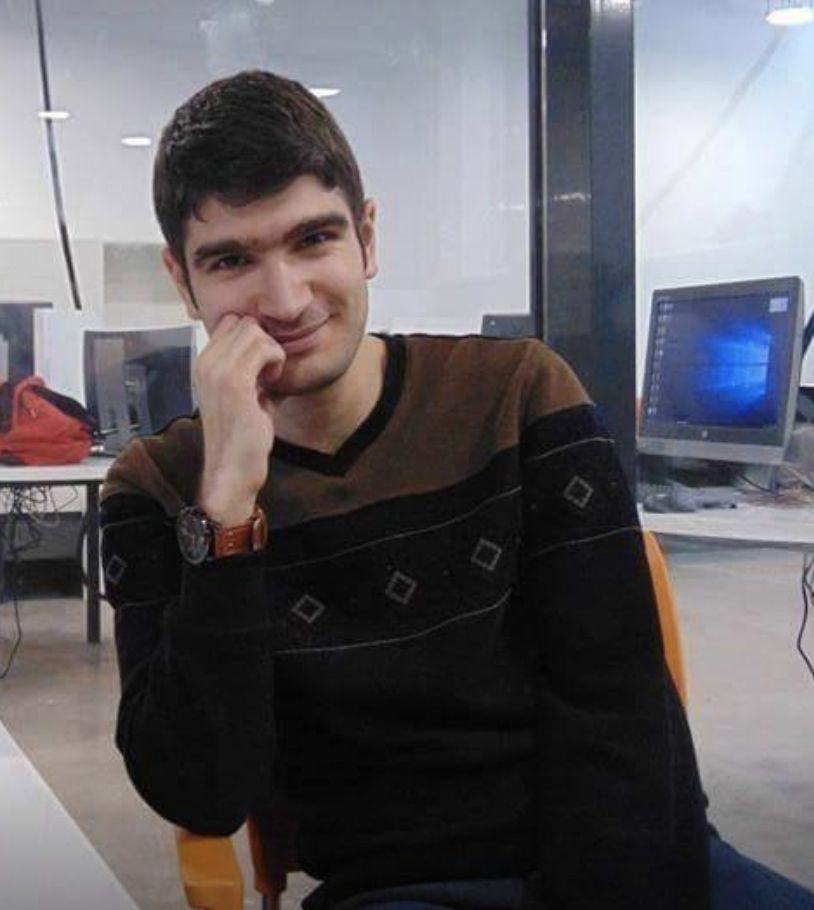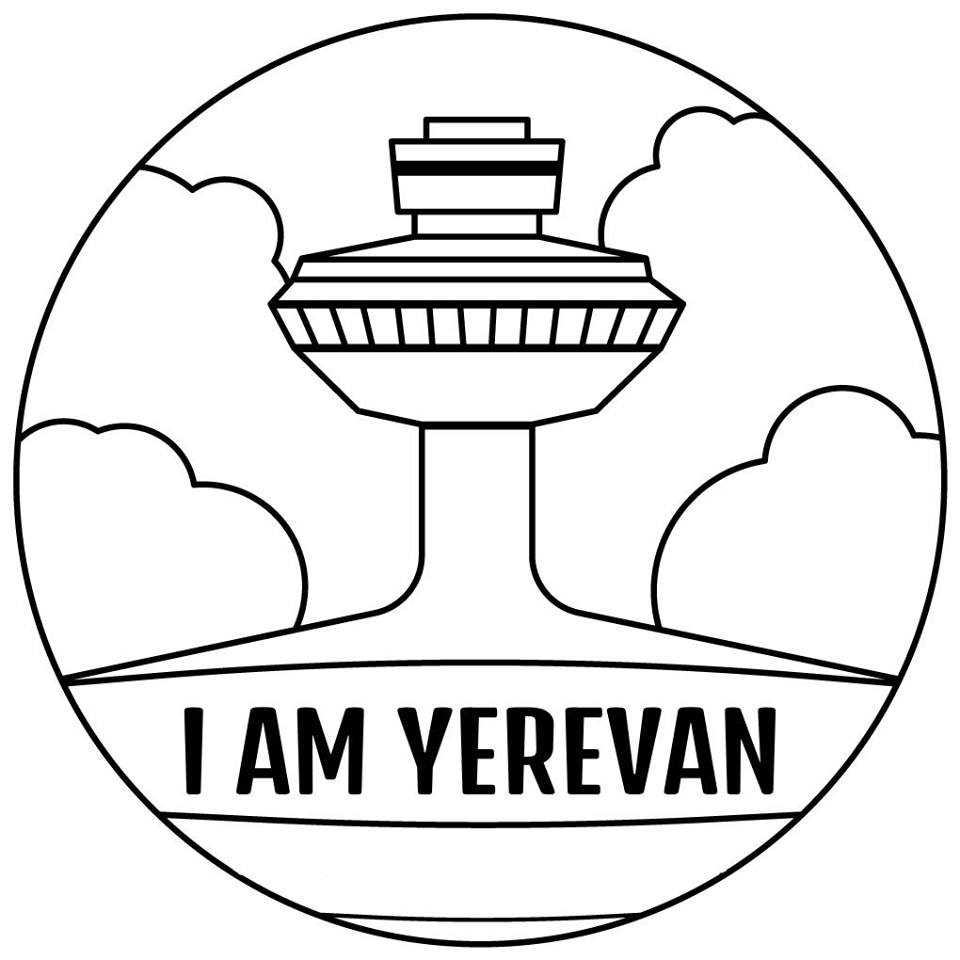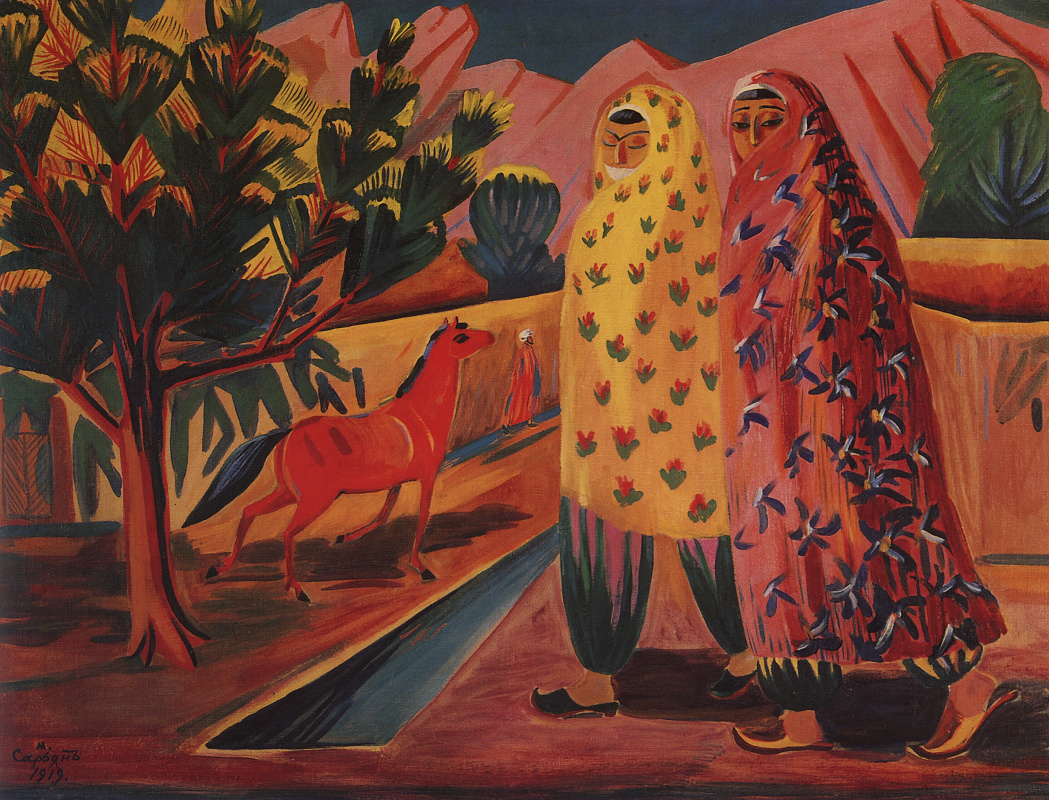
Low-cost airlines and travel habits for girls
October 29, 2019
Where to find the best Zhingyalov Hats
November 3, 2019Imagine you are waiting at a bus stop after work. It’s hot outside, you’ve been waiting for 30 minutes to get home to shower and have dinner. Finally, your public transport arrives. It’s a Russian branded “Gazelle” minivan with 13 passenger seats, commonly known as the “marshrutka.” All the seats are taken, but it doesn’t stop the 10 people at the bus stop waiting with you to cram in the minivan. You tell yourself there’s no better alternative and wish you could afford a taxi or a car. Yet you squeeze in too. The driver shouts at you to close the door, which is very hard because you can’t move your joints or turn around. Finally, a kind person at the bus stop closes the door behind you.
When the car moves, there is nothing to hang on to, but ironically there’s no need because the marshrutka is so jam-packed.
As a downside your handbag is floating in the crammed crowd, you smell a few people sweating profusely from the hot weather and no air conditioning. Somebody’s body part is too near your private parts. The driver is smoking and the smoke is getting in your eyes and mouth, getting you teary and coughing. God forbid the driver takes a u-turn. You’ll end up like an M&M candy turning in its bag. After what seems like forever you get off the car, close the door and thank Jesus it’s finally over. Or so you think. The driver curses and shouts at you, “close the door more gently, you $%#@!” What a parting gift!
This experience is, unfortunately, the normal picture of Armenia’s problematic public transport system, with one-third of the country’s population (1 out of 3 million) mainly gathered in the capital Yerevan. On the surface, the problem appears to contain several painful elements; an overcrowded car, a smoking and impolite driver, a chance of pickpocketing, sexual harassment, unshowered people, no air conditioning. On top of all this, the situation seems more disturbing if you think about what a pregnant woman, child, elderly or disabled person goes through in a marshrutka.
But these are just the results of the problem. The core of the problem is privatized public transportation routes with individual operating companies that mostly don’t compete with each other.
At the root of the issue is that each driver has to bring in a quota of 10-15k AMD (20-30 USD) daily to the operating company, commonly referred to as the “owner of the line.”
If the driver doesn’t meet the quota the money is subtracted from his salary. There are months when he earns nothing and works overtime just to pay his dues, with no real breaks from morning till night. So with an owner of a line earning 900 dollars from each driver a month, no real competition incentivizing improvement of service, overtired and stressed drivers smoking and dumping their emotional distress on passengers who are too fearful or don’t want too much hassle to raise their voice in disagreement, what’s the way out?
Yerevan’s current mayor promised he would change the capital city’s public transport more than a year ago on September 10, 2018, in a campaign video, acknowledging the marshrutka problem. In a press conference a day before this promise he talked about a “program which would fully change the system,” with a new network drawn out where “everything will change.”
A year after this promise was made, the Yerevan City Municipality presented its public transportation program on July 16, 2019. There’s to be a unified network which “will provide an integrated payment and ticket system.” Moreover, it will be accessible to people with disabilities. And more recently, the Mayor of Yerevan Hayk Marutyan went to Brussels, Belgium to participate in BusWorld Europe 2019 expo on October 20. He expressed hope that “the transportation network implementation won’t exceed 2 years.”
So if you use a marshrutka to get to school/work and get back home, strap in for another 2 years of daily misery! To be exact, that’s 730 days multiplied by 2 (if you use it twice a day). That’s 1460 dreadful marshrutka experiences until Yerevan public transportation system changes. And if you think it can’t get worse, consider that Armenia’s regional and interstate public transport system will take even longer to improve.
Take your seats (if there’s any left) for a long and uncomfortable ride!

Khachatur (Chris) Margarian is a project coordinator at P&T educational NGO. His project called LIT (Leadership, Innovation, Technology) is an annual contest of poetry & public speaking with 2000 yearly participants from all of Armenia’s regions. Chris is also a public speaking coach & founder of the Voice of Youth speech contest.
Born in Beirut, raised in Yerevan and having had a chance to study in a Chicago school, Chris sees and brings the best of all these worlds to wherever he is. He invests his free time in his family, loved ones, conscious community and his goal of early retirement.


